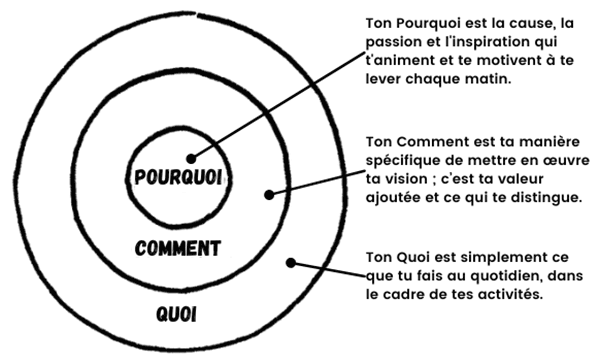Your tongue is black
Your tongue turns black when the taste buds elongate and turn black. It is painless but the tongue is a bit mushy. It should not be confused with a yeast infection : this pigmentation is often caused by the abuse of antiseptics, taking antibiotics Where the tobacco.
What to do ?
As a general rule, brushing your tongue vigorously is sufficient to allow the taste buds to peel. But sometimes the doctor prescribes a stripping solution based on retinoids.
Your tongue is whitish
Your tongue is covered with a thick whitish coating, it is difficult to move in the mouth: this is what hinders the renewal of the cells of the mucous membrane. This is often seen in episodes of fever caused by nasopharyngitis, a cold… But it can also correspond to digestive disorders like gastroenteritis.
What to do ?
To remove the coating, just scrape your tongue with a toothbrush.
Your tongue is spotty
White deposits dot your tongue but they disappear when you scratch them. It may be a thrush, a yeast infection caused by fungi of the Candida family, which can appear as a result of antibiotic treatment.
What to do ?
Better to consult a doctor. This type of candidiasis is easily cured with the help of antifungals.
Your tongue has ulcers
Located around the edge of the tongue, mouth ulcers are white with a very red rim. Round and regular, ile should not be confused with the onset of cancer, which is characterized by a small hard ball in relief.
What to do ?
Solutions based on aspirin and rhubarb reduce the canker sore pain. If these canker sores do not disappear after 10 days, a consultation is then necessary.
Your tongue is covered with blisters
A tongue covered with vesicles which erode releasing a white coating testifies to a first infection of the herpes virus. It is often painful and can be accompanied by fever.
What to do ?
No self-medication: make an appointment with your doctor. It should be noted that recurrences may appear later in the form of sore on the lips or the palate.














